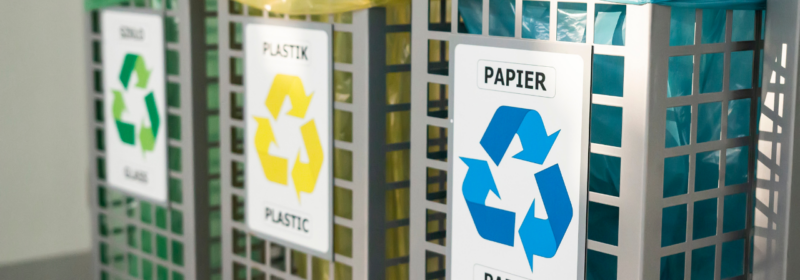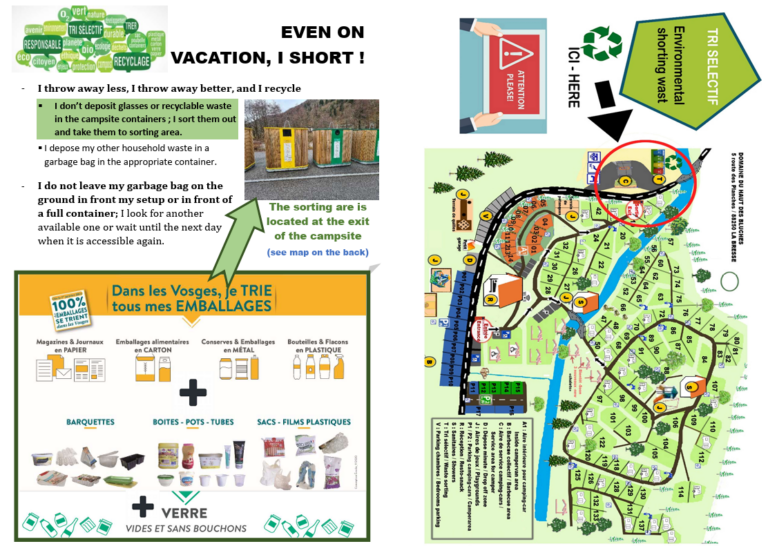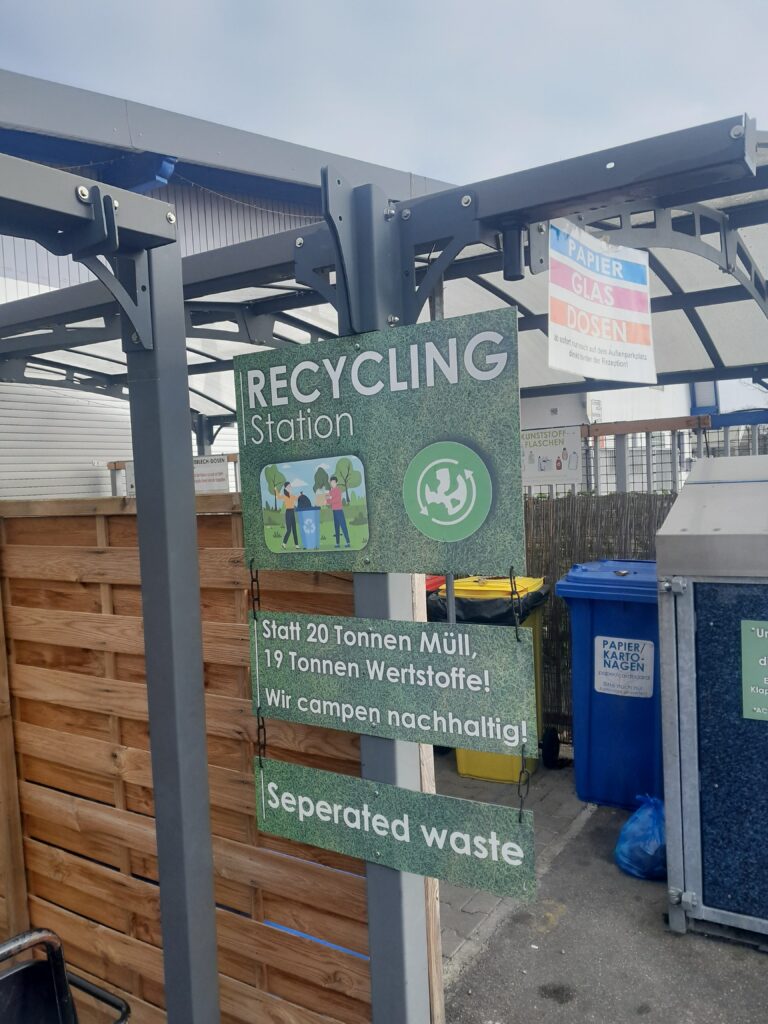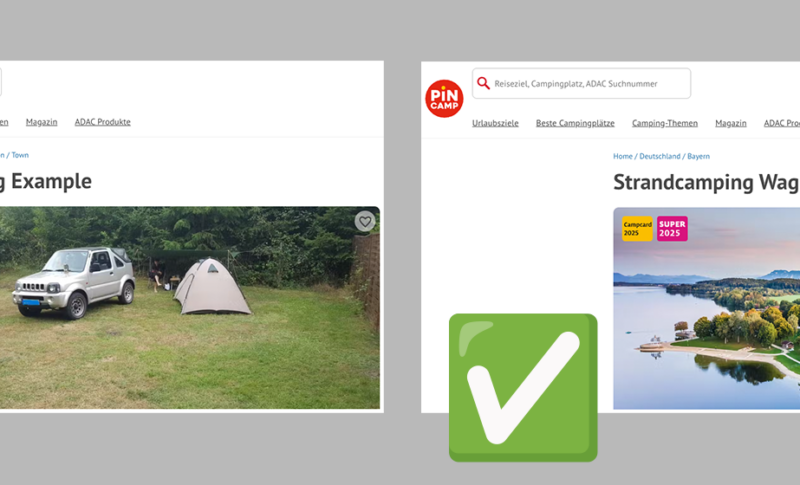
Waste Separation Spotlight: An Analysis of Sustainability Practices at Campsites
In our newsletter, we posed the question of waste separation and disposal at campsites. The importance of sustainability was rated by respondents with an average of 4.7 out of 5 points, indicating a high awareness of ecological practices at campsites. Nevertheless, many campsites face challenges in waste separation, as our analysis reveals.
Interestingly, approximately 77.8% of respondents indicated that they consider waste separation to be a challenge. This highlights the difficulties many campsites encounter in implementing effective waste separation programs.
Furthermore, about 66.7% of respondents stated that the majority of campers do not correctly conduct waste separation. This underscores the need for increased education and enforcement of waste separation guidelines at campsites.
Finally, approximately 22.2% of respondents indicated that the existing infrastructure for effective waste separation is insufficient. This suggests that, in addition to raising camper awareness, investments in infrastructure are necessary to ensure sustainable waste management at campsites.

Most surveyed campsites have separate bins for paper, plastic, and glass. This is an important first step in facilitating waste separation and increasing recycling rates. Additionally, some campsites even have labeled waste bins for specific types of waste, further enhancing waste separation effectiveness.
Another positive development is the regular collection and sorting of waste by the staff of some campsites. This helps ensure that waste is properly disposed of and recycled. However, difficulties in organizing and maintaining waste separation systems, as well as limited resources or infrastructure for effective waste separation, have also been reported.
One of the biggest challenges for campsites is the lack of compliance with waste separation regulations by campers themselves. Despite the presence of bins and instructions, some campers seem to struggle with properly disposing of their waste. This can lead to contamination and hinder the efficiency of the recycling process.
To address these challenges, campsites can take various measures. These include intensified educational campaigns, clearer signage, and possibly sanctions for those who do not adhere to waste separation rules.
Interesting examples of campsites from our survey have tried to steer guests in the right direction by specifically applying the principles of nudge theory, i.e. using examples and signs to nudge and steer guests in the right direction. For example, they explained the process of recycling and waste separation on the campsite map or illustrated why sustainability is important with a sign directly in front of the waste bins:
Domaine du haut des bluches, La Bresse:

Sperrfechter Amusement park – Camping am Hirschfeldsee:

Overall, waste separation and disposal at campsites is a complex matter that requires coordinated efforts from operators and guests. Only through consistent implementation of waste separation rules and an awareness of the importance of sustainable practices can campsites remain clean and environmentally friendly in the future.
Cover picture: © Dzmitrock87 – gettyimages.de




